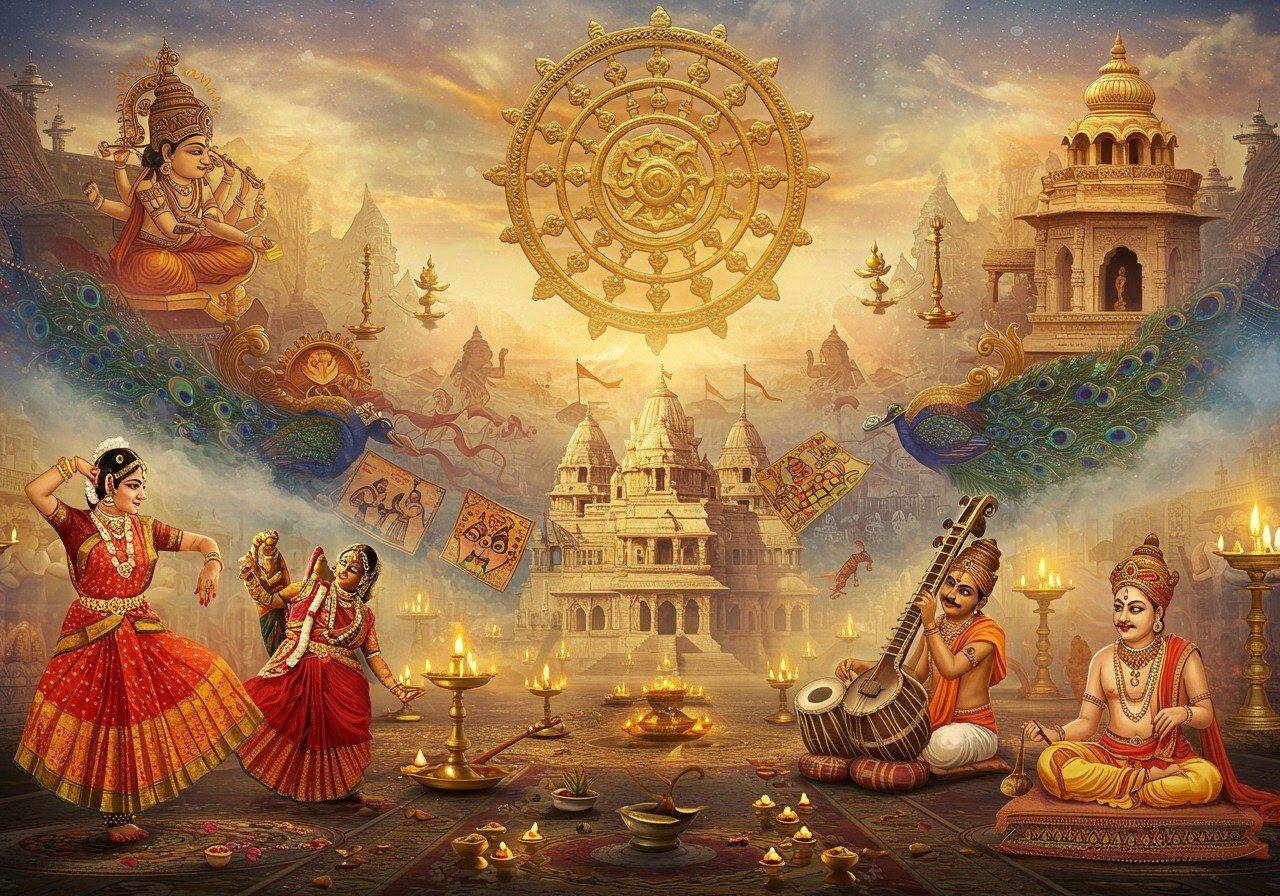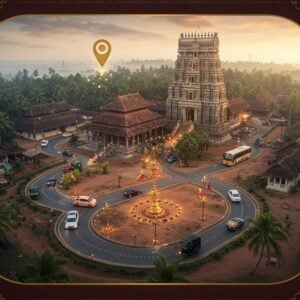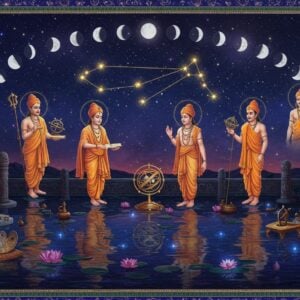
India’s cultural heritage is a vibrant tapestry woven from a history spanning over 4,500 years. It’s a fusion of various influences, from the ancient Indus Valley Civilization onwards, resulting in a remarkable blend of languages, religions, dance, music, architecture, cuisine, and customs that vary across the country. This rich heritage isn’t just about the past; it thrives in the present, shaping India’s identity and values. Let’s delve into some key aspects of this fascinating cultural landscape.
Core Values and Etiquette in Indian Society
Family stands as the cornerstone of Indian society. Strong family bonds are deeply valued, with multiple generations often residing together. Major life decisions, such as education and marriage, are typically made collectively, emphasizing the importance of family counsel. Respect for elders is paramount, with younger individuals often seeking their blessings and guidance.
Hospitality is a defining trait of Indian culture. Indians are renowned for their warm and welcoming nature, readily sharing their homes and meals with guests. Sharing food is a common expression of closeness and camaraderie. While communal dining is encouraged, it’s customary not to share cutlery or take food directly from another person’s plate.
Spirituality and Religion: India is the birthplace of major religions, including Hinduism, Buddhism, Jainism, and Sikhism. A remarkable diversity of spiritual beliefs and practices coexist harmoniously, contributing to the country’s rich spiritual tapestry. The greeting “Namaste,” accompanied by a folded hand gesture, is a widespread expression of reverence and respect.
Clothing: Traditional attire varies significantly across different regions of India, reflecting local customs, geography, and climate. The sari, a graceful draped garment, is popular among women, while men often wear the dhoti, a length of cloth wrapped around the waist and legs.
Shop Now at Poojn.in for Traditional Attire
A Celebration of Flavors, Festivals, and Arts
Cuisine: Indian gastronomy is renowned for its incredible diversity and the ingenious use of spices. Each region boasts unique culinary traditions, offering an array of flavors and dishes. Spices are integral to Indian cooking, prized for both their taste and medicinal properties. Staple foods include wheat, fragrant Basmati rice, and a variety of pulses.
Festivals: India’s calendar is filled with numerous festivals, reflecting its multicultural and multi-religious character. Major festivals like Diwali, Holi, and Dussehra are celebrated with great enthusiasm, bringing communities together in joyous celebrations. These festivals are not only times of rejoicing but also opportunities to uphold cultural values and traditions.
Shop Now at Poojn.in for all your Festive Needs
Arts and Entertainment: India has a rich and diverse artistic heritage, encompassing dance, music, and cinema. Classical dance forms like Kathakali and Bharatanatyam tell intricate stories through expressive movements and vibrant costumes, while folk music traditions, such as those from Rajasthan, echo tales of heroism and romance. “Bollywood,” the Hindi film industry, is globally recognized for its captivating musical productions.
Navigating Modernity and Preserving Heritage
Modernization presents both opportunities and challenges for Indian traditions. While globalization and technology have undoubtedly impacted daily life, they also pose a risk to cultural preservation. The delicate balance between tradition and modernity is particularly evident in urban areas, where ancient customs intersect with contemporary lifestyles.
Technology offers a powerful means of preserving and promoting India’s cultural heritage. Digital archives and virtual museums provide access to ancient manuscripts and artifacts, ensuring their preservation for future generations. Social media platforms serve as valuable tools for sharing and promoting traditional art forms, connecting artists and enthusiasts across the globe.
Read more: Tech & Tradition: Apps and Tools for Modern Hindu Practice
Poojn.in: Your Partner in Preserving Cultural Heritage
Poojn.in plays a vital role in supporting the preservation of Indian culture by offering a comprehensive selection of authentic ritual items essential for various cultural and religious practices. As India’s leading Dashakarma bhandar, we provide a wide range of products that connect you to time-honored traditions:
- Traditional Clothing: Source pure cotton dhotis for ceremonies, silk vastras for deity worship, and traditional head coverings. These garments are crafted with respect for tradition, ensuring authenticity and quality.
- Sacred Items: Discover copper and brass ritual objects, pure silver pooja items, and traditional bell metal utensils. Each item is crafted with precision and reverence, adhering to traditional standards.
- Worship Materials: Find natural incense and dhoop, pure cotton wicks for diyas, and authentic kumkum and chandan. These materials are essential for performing traditional rituals and maintaining spiritual practices.
Explore our collection of traditional Keya Kouto Sindur Dibbi.
Find the perfect Laddoo Gopal Murti for your home.
At Poojn.in, we are committed to providing high-quality, authentic items that support the continuation of India’s rich cultural heritage. Visit us today to explore our complete collection and discover the perfect items for your needs.
Embracing the Future, Honoring the Past
India’s cultural heritage is a dynamic blend of enduring traditions and evolving practices. The Rupee symbolizes not just economic strength but also the nation’s unity and prosperity, interwoven with our rituals, stories, and daily lives. This rich heritage, expressed through vibrant arts, festivals, and deep-rooted values, continues to bind communities together.
As India navigates the complexities of modernization and technological advancements, the careful preservation of its cultural heritage becomes even more critical. By embracing technology thoughtfully and fostering a deep appreciation for tradition, we can ensure that India’s cultural legacy remains vibrant and relevant for generations to come.
Learn more about Sustainable Puja: Eco-Friendly Practices for Meaningful Rituals


